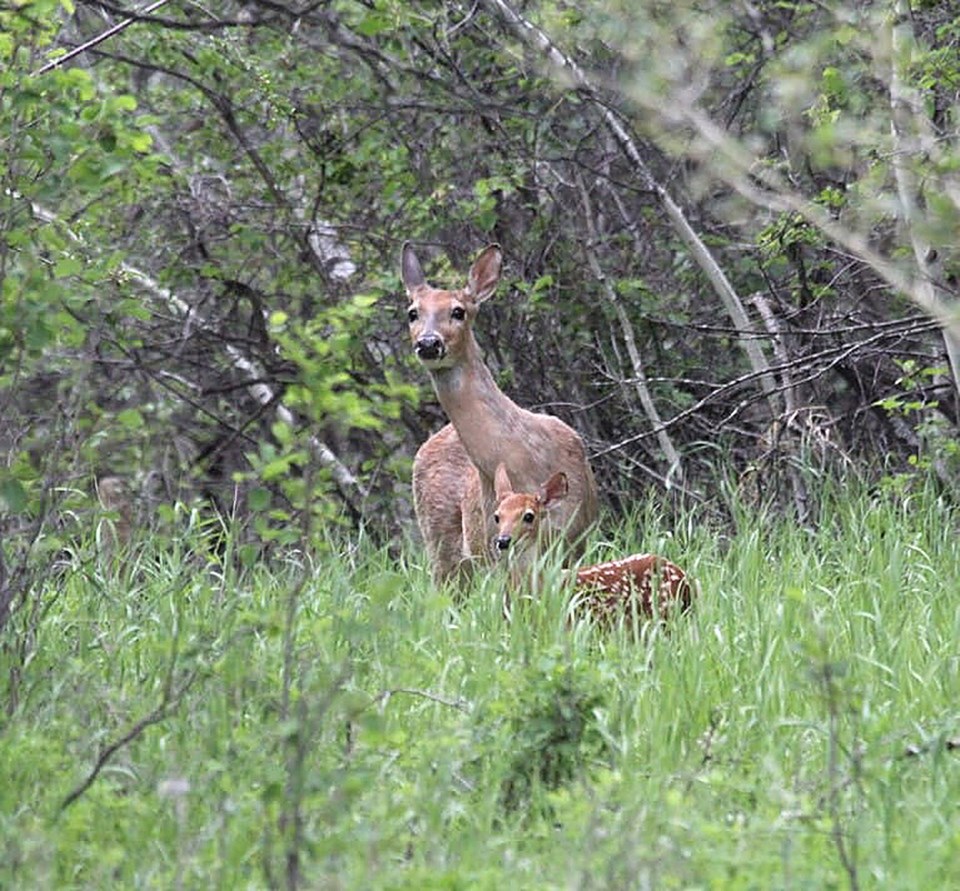A young animal may look in need of your help but, in most cases, the best thing you can do is appreciate them from a distance and leave them be.
While it may seem like the baby has been abandoned, there's a much greater chance that the parent is either out searching for food or has been scared away by your presence. Unless the parent is found dead near the baby, it is likely the adult will come back soon after you leave.
In spite of their good intentions, people can pose the biggest danger to a young animal's wellbeing, as contact with humans can greatly reduce their chances for survival.
The danger can go the other way, too. Some serious diseases, such as rabies and West Nile virus, can be transmitted from wildlife to people. Only recognized and licensed wildlife rehabilitators have the expertise to care for orphaned and injured animals safely and appropriately. That's why it's illegal to take wild animals home - even cute babies.
If a young animal has been in the same spot for several hours, is vocal, wet or covered in insects, or the mother is found dead nearby, it's time to ask for advice. If you can see obvious signs of injury or believe the animal has been orphaned, please contact your local conservation officer or the Turn in Poachers and Polluters (TIPP) line at 1-800-667-7561.
— Submitted by Saskatchewan Corrections, Policing and Public Safety




